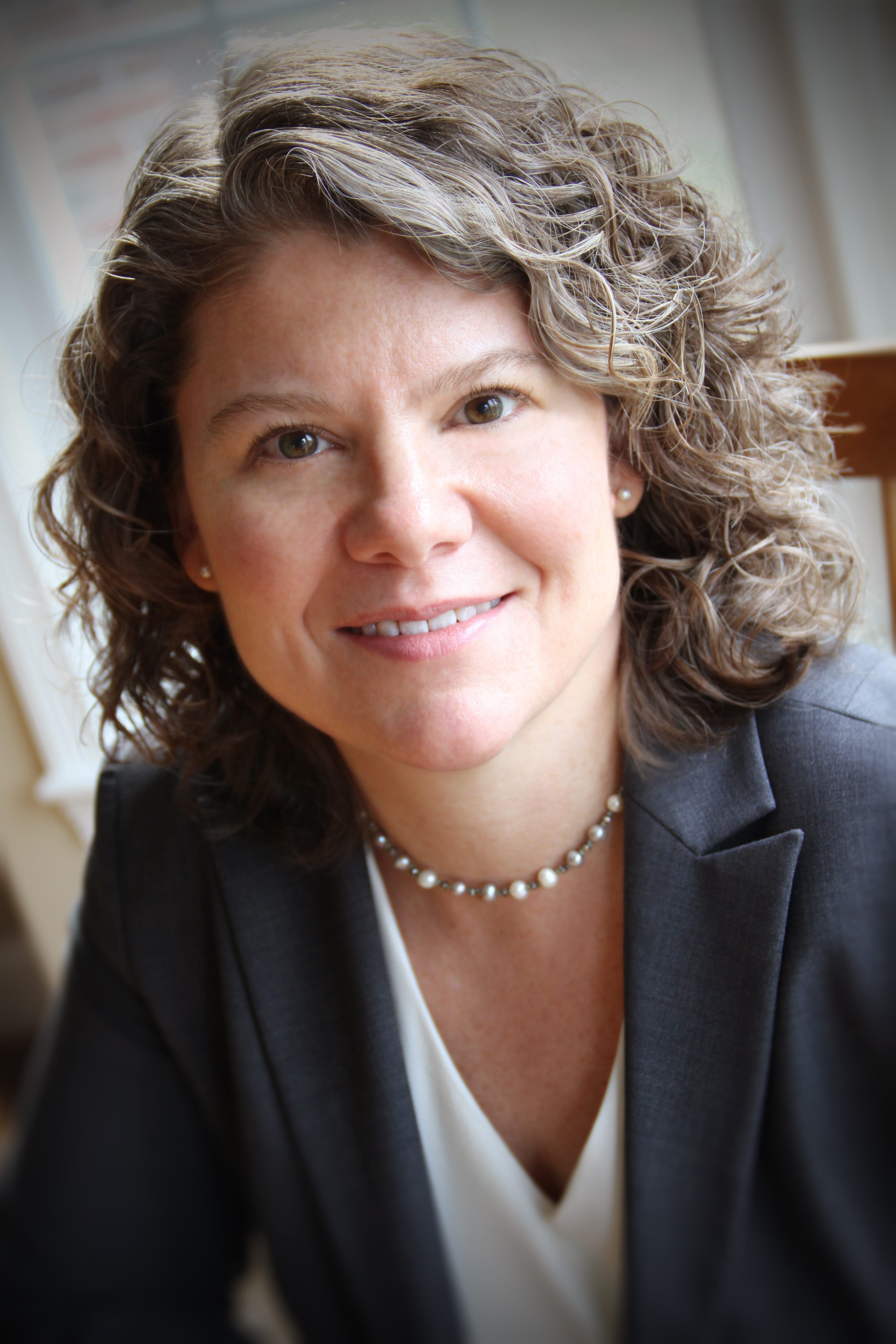Posted By: Sarah Ratzel, PhD, Science Editor, AJHG
Each month, the editors of The American Journal of Human Genetics interview an author of a recently published paper. This month, we check in with Heidi Rehm to discuss her paper, “Harmonizing Clinical Sequencing and Interpretation for the eMERGE III Network.”

AJHG: What caused you to start working on this project?
Dr. Rehm: We (Broad Institute and Partners Laboratory for Molecular Medicine) as well as Baylor College of Medicine were funded to provide genomic sequencing and interpretation support for Phase 3 of the eMERGE program.
AJHG: What about this paper most excites you?
Dr. Rehm: Understanding our genomes will require large scale data sharing, harmonization and analysis across many research and health systems. This paper represents key steps in harmonizing and scaling genomics in the context of real-life healthcare systems.
AJHG: Thinking about the bigger picture, what implications do you see from this work for the larger human genetics community?
Dr. Rehm: We hope that our work sets the groundwork for more clinical laboratories standardizing the intake of genetic testing orders and output of clinical reports for consumption by electronic health systems which we hope will be embraced as we all try to best integrate genomics into the practice of medicine.
AJHG: What advice do you have for trainees/young scientists?
Dr. Rehm: Clinical genomics is an exciting field with tremendous growth happening. Come join us!
AJHG: And for fun, tell us something about your life outside of the lab.
Dr. Rehm: I have two teenagers, so life outside the lab right now is mostly following them around to sports events and college visits. Most weeks I get to play at least one game of ultimate Frisbee in the evening when I’m not traveling. And of course a favorite family activity is watching John Oliver as the only way to survive the current political climate in the U.S.!
Heidi L. Rehm, PhD, FACMG, is Chief Genomics Officer in the Department of Medicine for Massachusetts General Hospital, and Medical Director of the Broad Institute Clinical Research Sequencing Platform. She has been an ASHG member for over 20 years.
